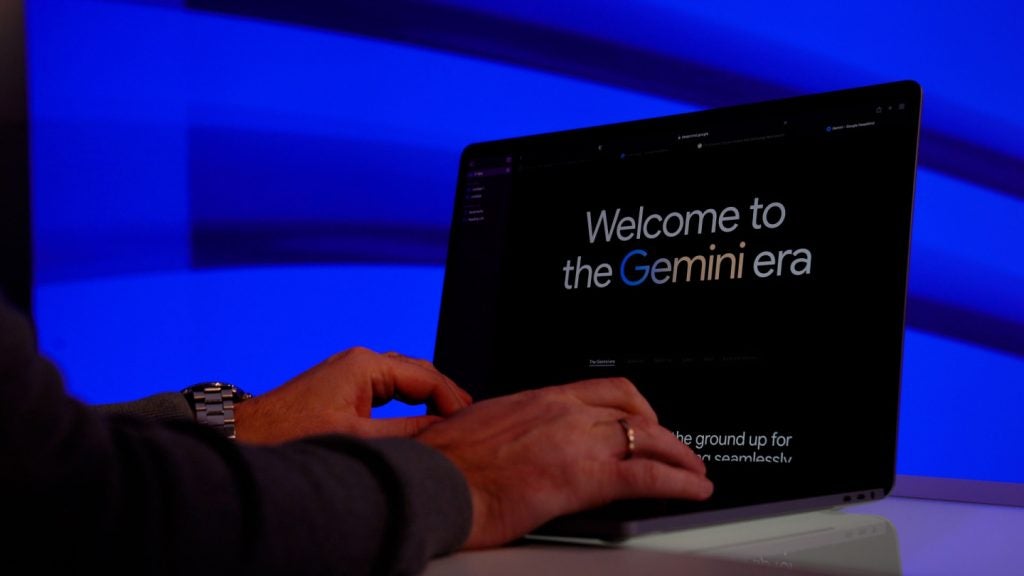
Corporate social responsibility (CSR), has grown from a buzzword to an industry of its own — one that now demands expertise, professional development conferences and even its own trade publications.
It’s not hard to see why — in a world where 62 people own the same wealth as half the world and where environmental and social problems are mounting daily, there is a genuine vacuum for leadership on these issues.
Yet these are by no means simple issues to tackle and these emerging corporate thought leaders should be examined with the same level of scrutiny as elected leaders who decide spending for official government aid in the developing world under similarly altruistic pretence.
Too many companies use corporate social responsibility to pat themselves on the back without driving substantive change.
This practice, known in the environmental space as greenwashing, generates positive news stories without actually serving the causes it claims to benefit.
A number of companies regularly fall into this trap, including the big oil and gas corporations like Chevron and Shell and the food giant, Nestle.
How well do you really know your competitors?
Access the most comprehensive Company Profiles on the market, powered by GlobalData. Save hours of research. Gain competitive edge.

Thank you!
Your download email will arrive shortly
Not ready to buy yet? Download a free sample
We are confident about the unique quality of our Company Profiles. However, we want you to make the most beneficial decision for your business, so we offer a free sample that you can download by submitting the below form
By GlobalDataIf you’re an oil company, own it. There is no point pretending to be an environment al NGO with a for-profit arm.
Arguably at the head of this modern movement, is Paul Polman — CEO of Rotterdam-London headquartered multinational consumer goods behemoth, Unilever.
Since 2009, Polman has become the symbol of global corporate responsibility and has encouraged other corporate leaders to follow suit. For his work, he has received numerous commendations but little scrutiny.
Polman has even served on the UN’s so-called high level panel of eminent persons on the post-2015 development agenda, but his company’s track record in the developing world sometimes stands in contrast to his rhetoric.
The Brics (Brazil, Russia, India, China, South Africa) were once seen as the crown jewels of the developing world, and rich country-businesses invested heavily in overseas operations before the global financial crisis.
However Brics growth has stumbled in recent years.
In December, India’s economy hit a three year low and South Africa’s bond rating was recently downgraded to junk.
Yet Unilever has nonetheless sought to extract greater profits from its partners in those countries without actually growing its businesses.
It has done so by demanding dramatically increased royalty fees from the local companies licensed to manufacture Unilever products.
In 2015, the Indian company Hindustan Unilever had its royalty fees increased by more than 100 percent.
The squeeze led to “research and development expenditure [falling to ] 14 percent”.
Unilever’s website claims that by 2020, the company will “have a positive impact on the lives of 5.5m people”.
By contrast, its actions appear to be squeezing blood from a stone.
In South Africa, royalty fees were tripled in 2015 , a move that was stayed at the time but which is expected to be revisited this spring.
At the same time, Unilever has launched a new CSR campaign to plant 150,000 trees across the country.
This does not sound sustainable, however you define it – be it from a business perspective where extraction is emphasised over growth, or an economic one where PR-friendly initiatives are favoured over economic development.
Many modern CEOs pursue similar efforts and Unilever is just one example.
The New York Times recently covered the World Economic Forum in Davos, Switzerland – an annual gathering of so-called global elites – heads of state, hedge fund managers, tech executives and others, in a piece aptly titled Davos Elite Fret About Inequality Over Vintage Wine and Canapes.
That event has become increasingly lampooned for its billionaire hand wringing and has been described as the world’s most expensive networking event where elites are “at least rhetorically — consumed with worries about the shortcomings of globalisation”.
The hypocrisy of parallel CSR initiatives and new extractive rather than growth-oriented business policies remains conveniently and quietly unacknowledged.
If the gathering’s organisers are looking for panel topics for next year’s meeting, this would be a great place to start.








Related Company Profiles
Unilever Plc
Hindustan Unilever Ltd
The New York Times Co
Chevron Corp